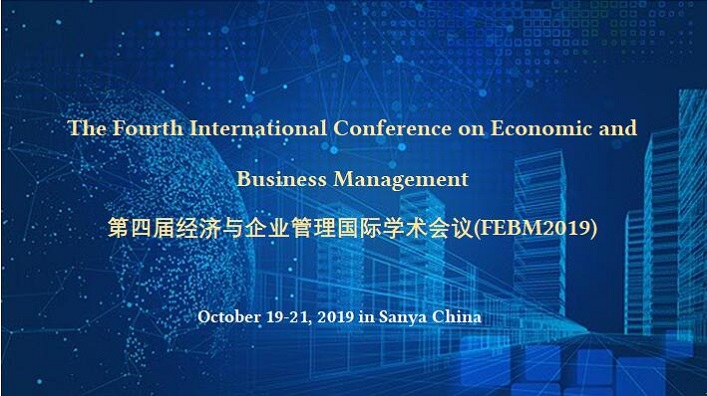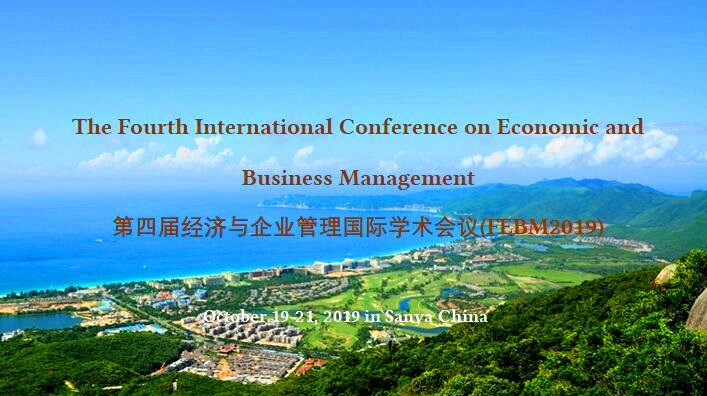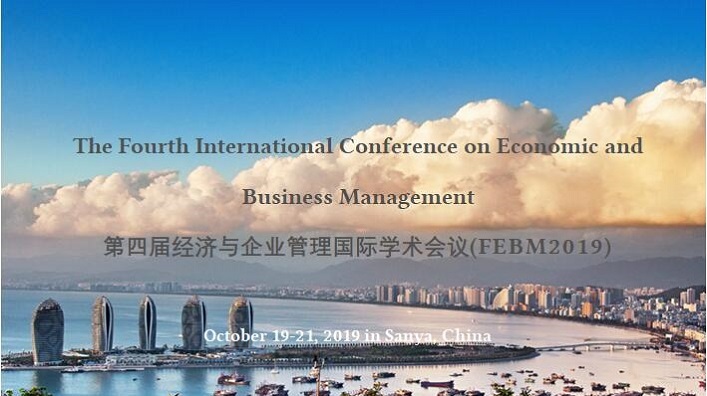Keynote Speakers
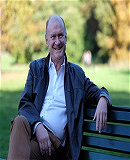 |
Prof. Bogdan Lent University of Applied Sciences Bern, Switzerland |
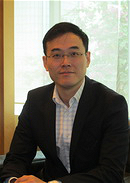 |
Prof. Wei Shen KoGuan Distinguished Professor of Law, Shanghai Jiao Tong University Law School, China http://law.sjtu.edu.cn/TeacherDetail126.aspx |
 |
Prof. Peng Lu Department of Sociology, Central South University, China |
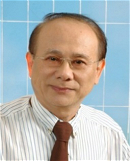 |
Prof. Hui-Ming Wee Distinguished Professor in Industrial & Systems Engineering Department and Former Associate Dean in the College of Electrical Engineering & Computer Science, Chung Yuan Christian University, Taiwan,China. Title: Sustainable supply chains under carbon cap scheme Abstract: Nowadays, environmental concern has become an outcry for green movement. Hence, minimizing the amount of emissions is as important as minimizing the total cost of the supply chain. This study is motivated by the facts that most third party logistics (3PLs) ignore the urgencies of green logistics and prefer to focus only on minimizing costs. Other motivation includes the increasing global warming and the possibility of energy scarcity for the next decades. We present two scenarios: original policy and carbon cap scenario. The performance of the proposed model for each scenario is evaluated and compared. Our aim is to develop a strategic balance between economic aspect (low cost) and environmental requirement (less pollution). We take a fresh look at the impact of logistics and stricter legislations on environment. The trade-off between transportation cost and carbon emission in freight consolidation and containerization problem is discussed using a real-world business case study. |
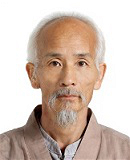 |
Prof. Yang Lee Haskins Lab. Yale Univ, Center of Gih Study Title: Is the Sustainable Development possible? Abstract:The sustainable development has been one of hot issues as a hope for future but an odd idea, concerning whether it could be realized or not. Normally thought and some supported by philosophies and sciences, development and reservation are contradicted. However, this negative idea, emanated from dichotomy as argued by this study which proclaims the 3rd arbiter between subject and object, should be thrown out. As the 3rd, this study proposed a cult of ethic and science to mediate people and environment, realizing the sustainable development. With this proposition, this study designed an empirical test to compare a target city (a model of sustainable development designated by United Nation University above for 10 years) and control city non-designated of similar socio-economic condition. To analyze the cult of sustainable development this design measured three dimensions of people’s activity as behavior, emotion, and cognition, which are elaborated in psychology. The quasi-experimental results discussed, the cognitional level consisted of belief and faith for sustainable development so defined as the cult, was higher in the target city than in the control city. Concluded, the sustainable development could be realized in condition of the cult grown. The conclusion was supplemented by reference of the interval surveys which were conducted for the change of the target citizens’ attitude to sustainable development. Suggested, it is required to educate and formulate the cult of the sustainable development, and it is recommended to rename newly the concept as ‘Ecological development’, substituting the title, ‘Sustaining development’ which imply environment as passive. |
